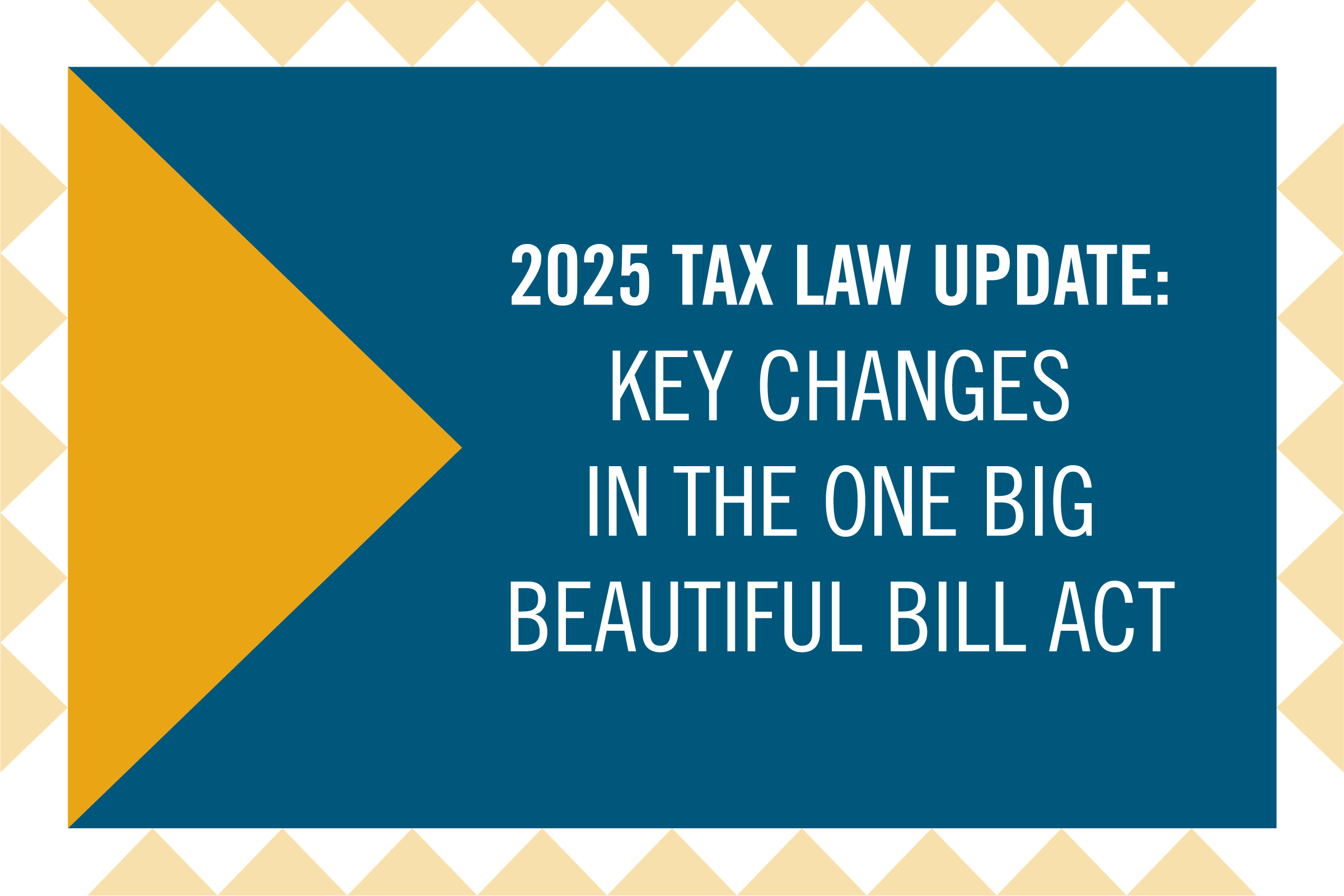Crafting a Strategic and Compliant Grantmaking Plan for Private Foundations
- Contributor
- Mac Smith
May 28, 2024
At the core of a private foundation's efforts—ranging from fostering community development and sponsoring educational initiatives to supporting environmental sustainability—are its meticulously crafted grantmaking strategies. These strategies are designed to allocate resources effectively and catalyze meaningful change, embodying the foundation's mission and values in every project they support. But to best optimize impact and maintain compliance with tax laws and regulations, private foundations must develop and refine their grantmaking approaches thoughtfully.
Strategic Planning and Evaluation
Developing a strategic plan for grantmaking involves setting clear criteria for selection, determining the size and duration of grants, and establishing methods for evaluating outcomes. Foundations should consider whether to support a broad range of initiatives or concentrate their resources on a few, potentially high-impact areas. Moreover, evaluating the effectiveness of grants is imperative to assess whether the foundation’s objectives are being met and to inform future grantmaking decisions.
- Mission-Aligned Grantmaking: Begin with a well-defined mission statement to direct grantmaking and ensure that grantees’ activities, governance, and financial practices align with the foundation’s fundamental objectives and values through thorough due diligence.
- Legal Compliance and Due Diligence: Uphold stringent adherence to laws regarding self-dealing, distribution mandates, and taxable expenditures, and perform due diligence to confirm grants serve charitable purposes and preserve tax-exempt status, with a accounting firm’s assistance for regulation comprehension and system implementation.
- Choose Between Responsive vs. Proactive Grantmaking: Private foundations must decide whether their grantmaking will be responsive (reacting to grant applications) or proactive (actively seeking out grantees that fit specific criteria). While responsive grantmaking allows foundations to support diverse projects, proactive grantmaking can enable a foundation to make more strategic investments in areas that are less likely to receive funding otherwise.
The Role of Collaborative Approaches in Grantmaking
Embracing collaboration is a potent avenue for enhancing the reach and efficacy of a foundation’s efforts. Private foundations can significantly bolster their resource base by engaging in partnerships with fellow foundations, aligning with government bodies, and forging connections with the corporate sector. Additionally, it opens up
opportunities to tackle intricate issues that necessitate diverse insights and approaches, thereby facilitating more comprehensive and robust solutions that can multiply their impact.
Transparency, Communication, and Ongoing Learning
Transparency and open communication are indispensable elements in fostering trust and strengthening lasting bonds with grantees and the wider community. By transparently divulging their grantmaking strategies, criteria, and expectations, foundations lay the groundwork for mutual understanding and efficient collaboration. This level of openness ensures that all stakeholders are on the same page, builds trust, significantly reduces misunderstandings, and aligns efforts towards common goals.
Simultaneously, adopting a culture of ongoing learning and adaptability is crucial. The landscape of philanthropy is ever-changing, and the most successful grantmaking practices are those that continually evolve based on reflections on past achievements and setbacks. Foundations that are flexible and open to change can better navigate the complexities of the philanthropic world and are more adept at adjusting their strategies to incorporate new insights, allowing them to make a lasting impact in the communities they serve.
Seeking Guidance When Charting Your Path Crafting an effective grantmaking strategy is an intricate and dynamic process that includes aligning your foundation’s efforts with its mission, ensuring legal compliance, and adopting strategic planning for maximum impact. When developing your next grantmaking strategy, contact your CRI advisor. Together, we can craft a grantmaking strategy that aligns with your foundation’s goals and is impactful and fully compliant, ensuring that your foundation makes a lasting difference.
















































































































































































































































































































































































































































































































